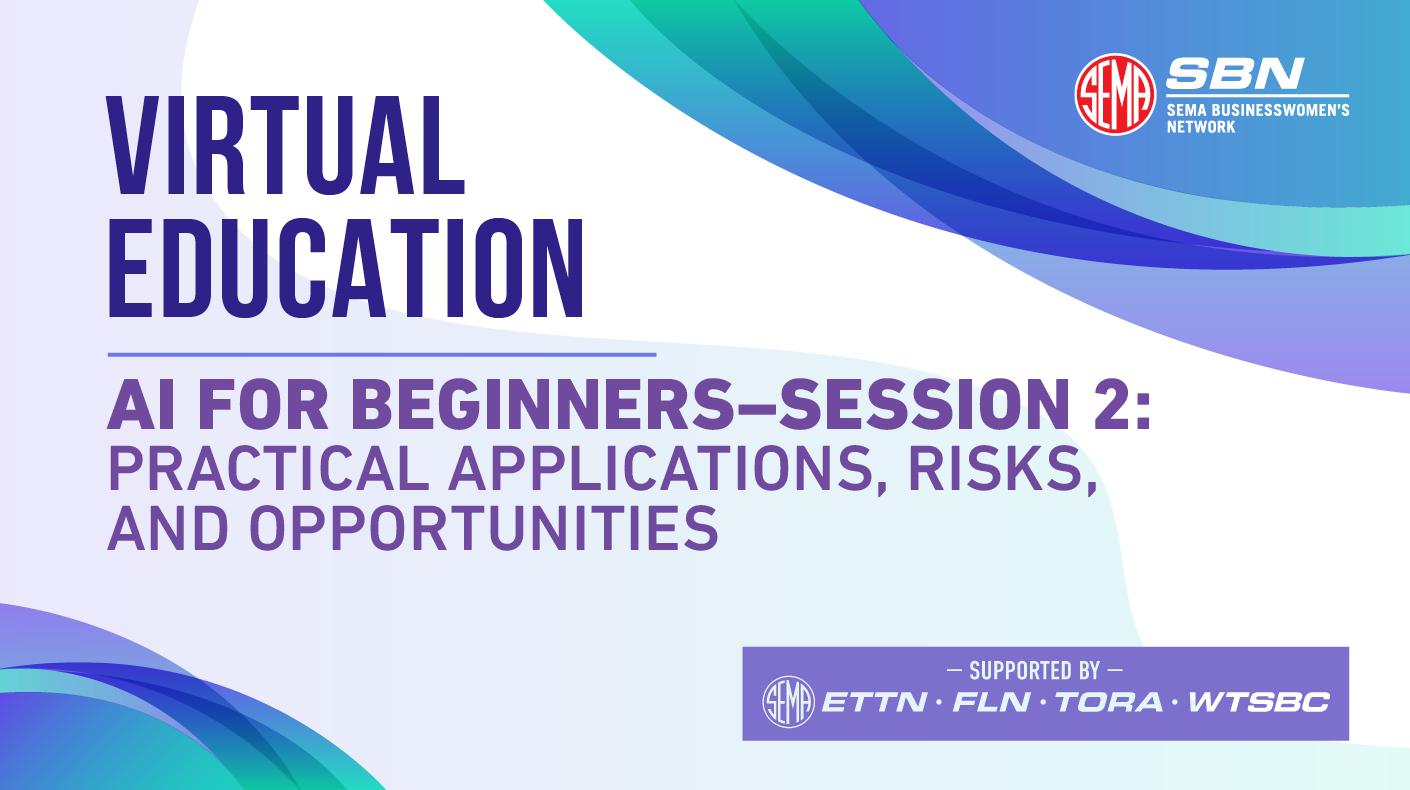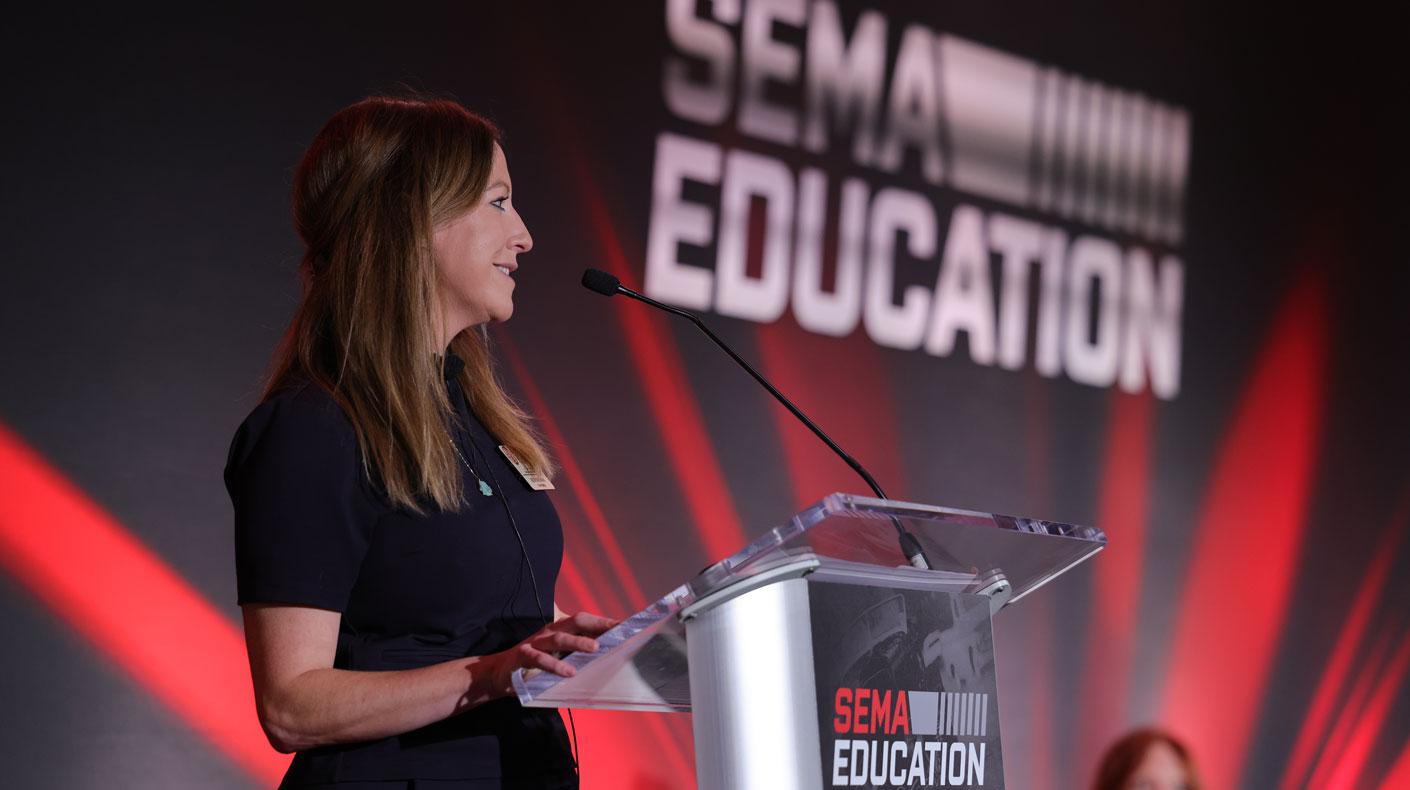During his Keynote Luncheon address to 2007 SEMA Show attendees, Toyota’s truck/SUV marketing chief outlined four ways that specialty-equipment businesses can join the automaker’s aggressive accessories strategy.
“There is significant opportunity for SEMA members to be part of our growth,” said Brian Smith, Toyota Corporate Marketing Manager, Toyota Trucks and SUVs, starting with becoming a supplier for Toyota, Lexus or Scion Genuine Accessories. Smith says Toyota has over 80 supplier partners.
“We are open to look at new mainstream accessories that provide the highest quality, reliability and durability, along with a manufacturer warranty designed to give Toyota customers high value along with high quality.”
Specialty-equipment companies can also become an “up-fitter partner” serving the small business/commercial market. Toyota currently works with Weatherguard, ARE, Adrian Steel and Tommygate, and Smith urged companies with a well-known brand name, nationwide distribution and a complement of products different from its existing partners to join its partner network.
Another way is to provide product for the Toyota Truck Specialty Guide, which currently features over 100 specialty products and accessories not usually found at dealerships, ranging from mainstream accessories like trailer hitches and wind deflectors, to loading ramps, vent shades and bed rail systems.
“We will entertain new, exciting products that complement the truck buyer’s desires,” Smith explained. The Guide will be updated in spring 2008.
The first step for most companies will be to establish a partnership with a local Toyota dealer. The dealership’s sales manager, service manager, parts manager and general manager are all key contacts for any supplier looking to do business with a dealership, Smith said, illustrating his point with an example of a supplier/dealership relationship involving a SEMA member.
“One of the key aspects of what we heard from both the SEMA member and the dealer management team was the seamless transaction to the customer when a problem arises.”
The ability to offer and handle warranty issues is key for working with any Toyota dealer, Smith added, noting that Toyota dealers who were successful in selling accessories had partnered with local suppliers who “provided high-quality service and a seamless process of taking care of customer concerns.”
Smith added that Toyota was just beginning to launch its accessory program nationwide, and cautioned against rushing out to local dealers to get involved in the Vehicle Personalization Program. “The rollout will take time. If you have a customer-first reputation, when your local Toyota dealer starts to focus on accessories, you will probably be on his list. There’s an opportunity for many of you to be part of our growth. In fact, we can’t do it without you.”
For more information on SEMA OEM initiatives, visit www.sema.org/oem.





